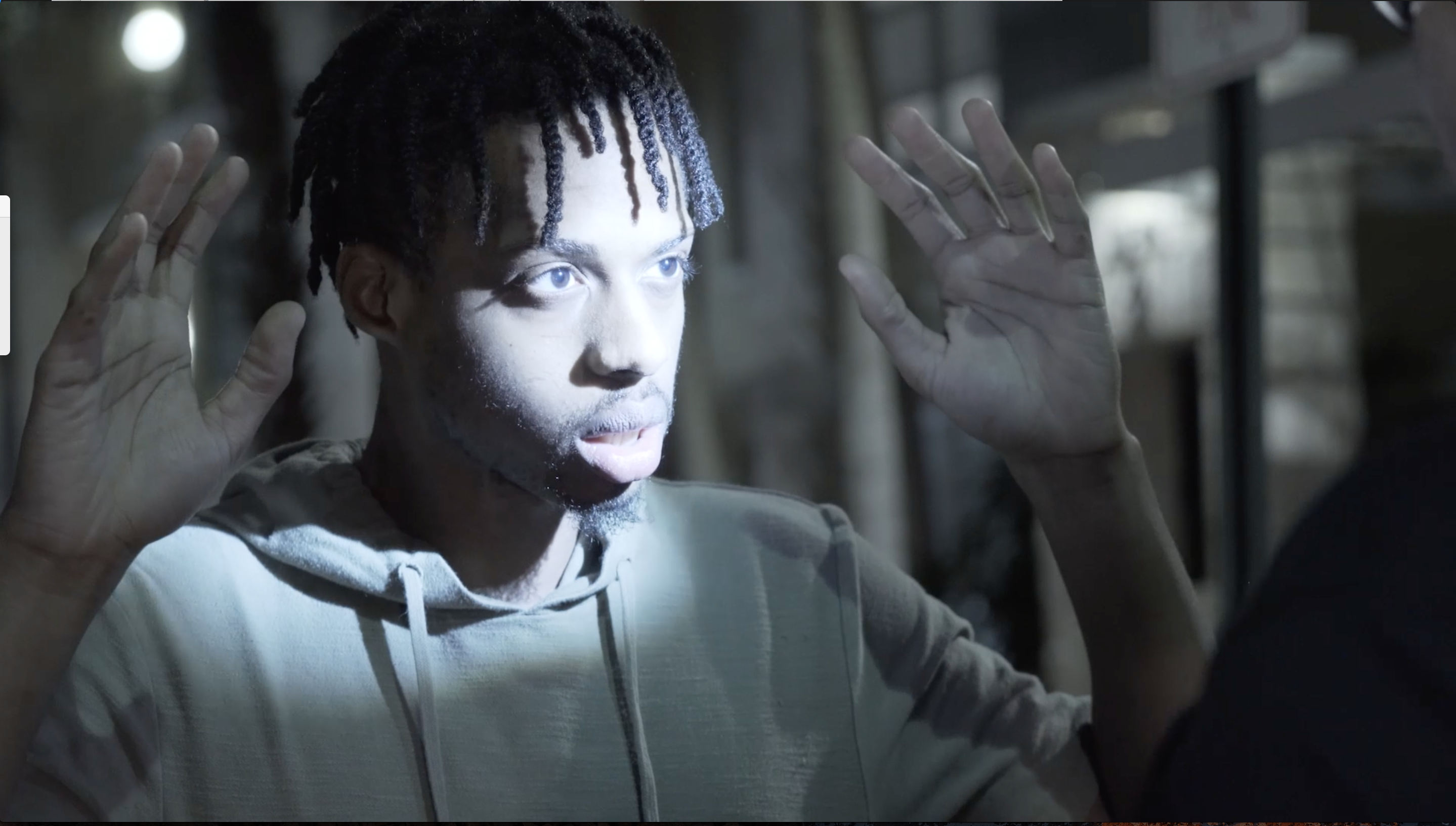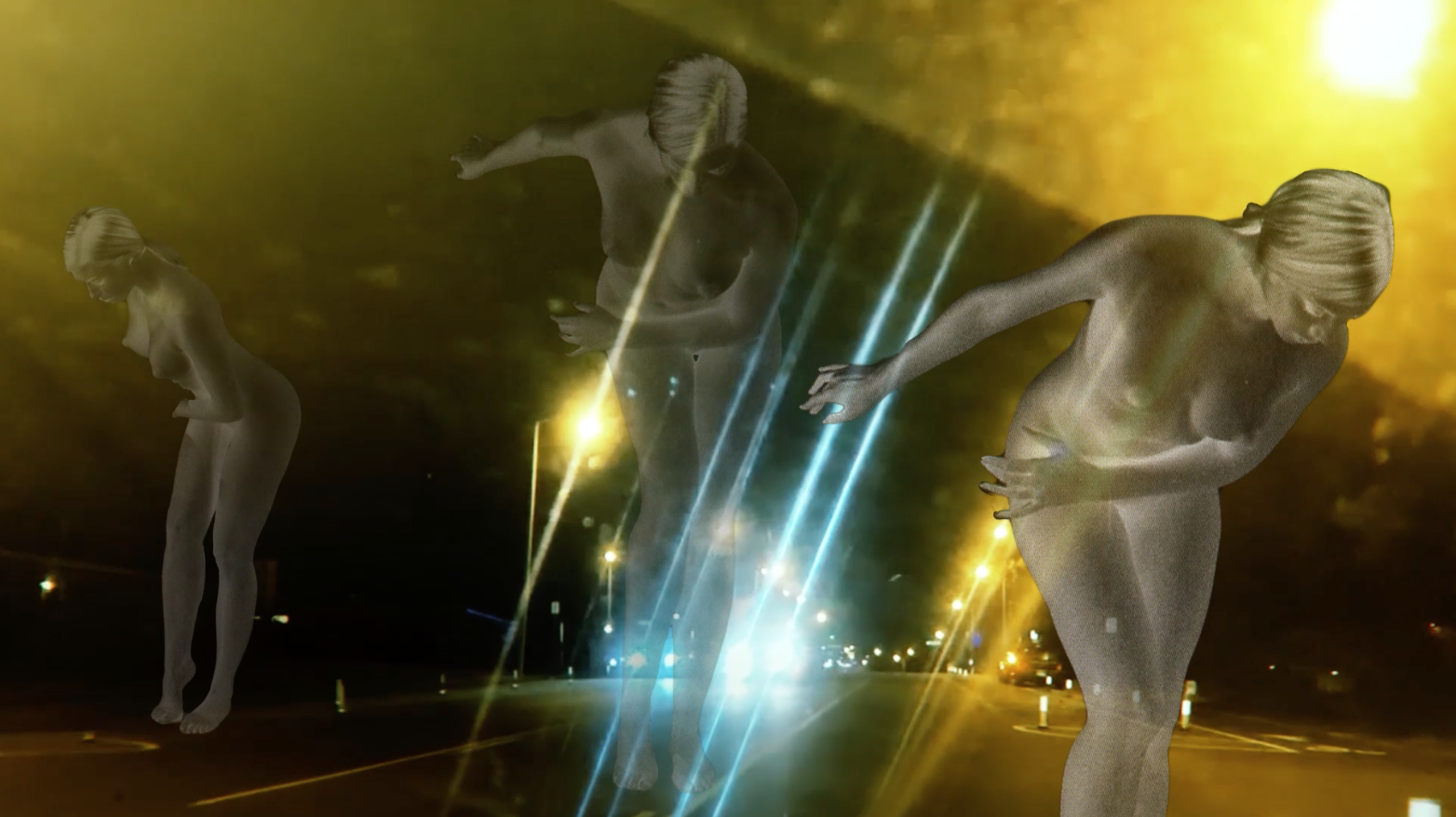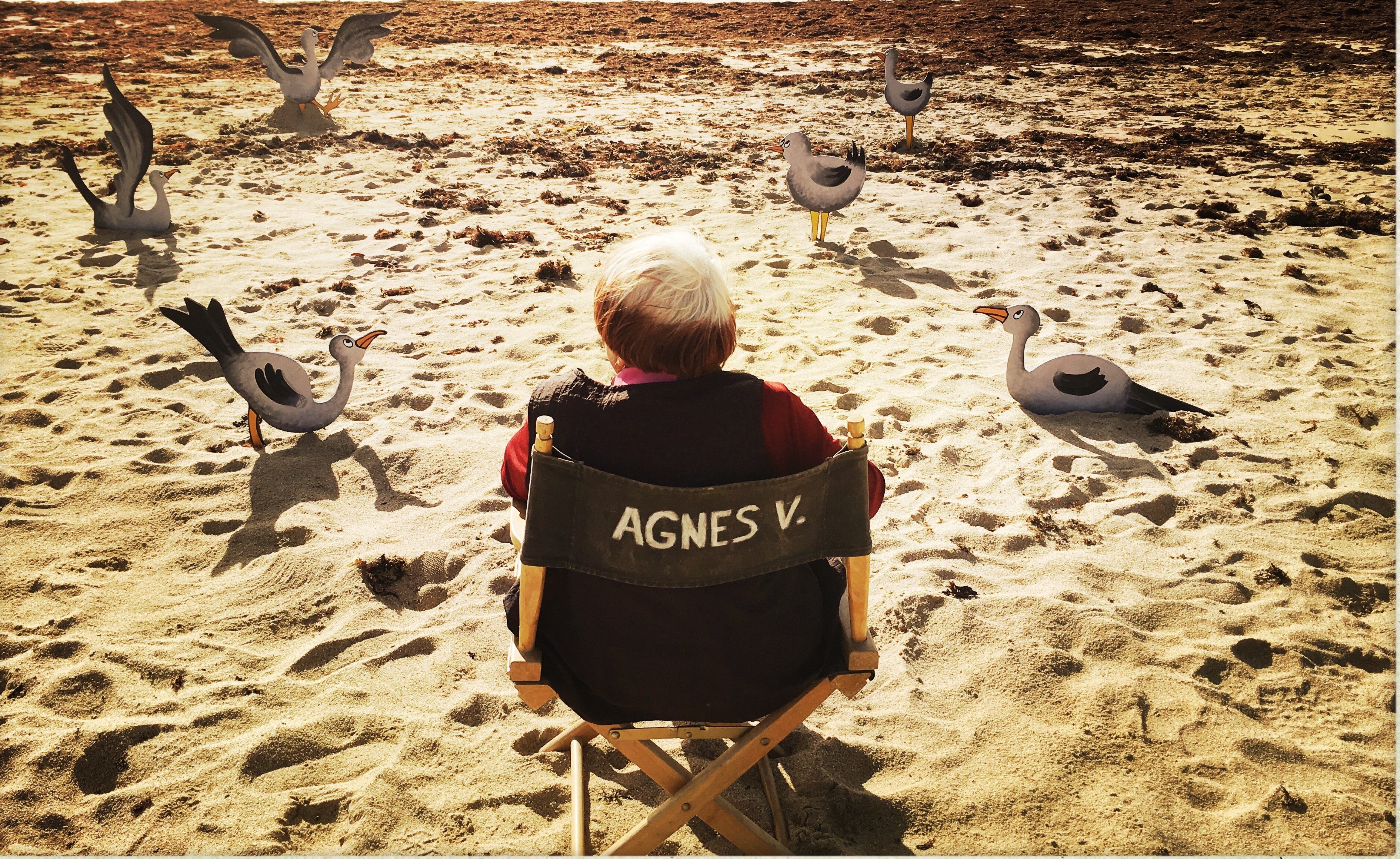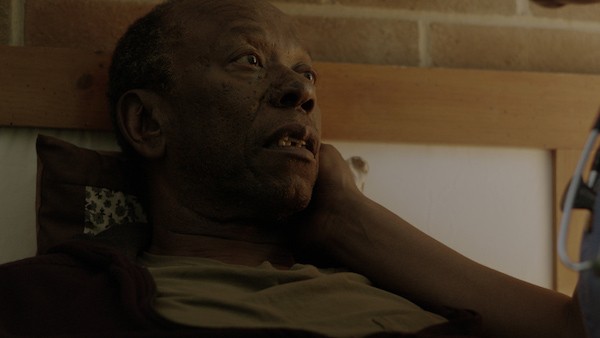
Yogi Chris Makoto, creator of ‘A Still Place’
Indie Memphis’ move online has been a necessity during the COVID pandemic. But it has also turned into an opportunity to expand the geographic reach of the festival, and introduce innovative programming.
“We wanted to offer something midway through the festival, after hopefully so much binging of films, for viewers to have a different relationship with their screen,” says Indie Memphis Artistic Director Miriam Bale.
The Goundings screenings are here to help people unwind a little bit from the cares of the outside world, to “counter screen fatigue with meditative installations, music, pets and other tools to remember to feel connected to your body and surroundings.”
The centerpiece of Groundings is “A Still Place”. “It’s an hour-long meditation in Akiko’s zazen studio on the big island of hawaii, watching the sun rise, listening to the world awaken,” says Bale.
Chris Makoto Yogi is the writer and director of August at Akkiko‘s, which appeared at Indie Memphis 2018, about a young man seeking his roots in Hawai’i who befriends a yogi deep in the forest. He filmed “A Still Place” in the same meditation studio. The hour long video of Akiko Masuda’s dawn meditation is meant to immerse the viewer, similar to the Norwegian “Slow TV” concept. “This is something that would normally be a video installation,” says Bale. “But we want people to experience it together online.”
“I see the piece as an offering, turning any space into a still place in Hawai‘i so that we can all pause and reflect on sound, light, our selves,” says Chris Makoto Yogi.
“A Still Place” live watch party is at 2 PM on Saturday, with viewers incouraged to use the slowly changing light and natural sounds to enter a meditative state. It will be followed by an interactive talk on Embodiment in Digital Spaces at 4 PM.
As the sun goes down, the outdoor screenings get started at the Levitt Shell with the Hometowner Narrative Shorts competition, including Michael Butler’s pandemic panic story “Empty”; Matteo Servante’s “La Sirena”, written by Melissa Anderson Sweazy; Jon Crawford’s “Taffy”, starring Curtis C. Jackson; “Barley” by Daniel R. Farrell; “Rebirth: A Film by Chenay Barnes”; Abbey Myer’s sexual assault drama “Orifice”; recipient of a 2019 Indie Grant; Martin Matthew’s period piece of Black love in the 1950s “A Beautiful Tragedy”; R. Jason Rawlings’ story of Hurricane Katrina survivors coming home in “Natives”; and Justin and Ariel Harrison’s “The Little Death”, a heartfelt story of miscarriage.
Hawai’i returns to the spotlight with the first ever Indie Memphis screening at the Grove at the Germantown Performing Arts Center. Cane Fire is a documentary about the troubled history of one of the most beautiful places on Earth. Kauaʻi, known as Hawai’i’s “Garden Isle”, was the center of Hawai’ian agriculture. As the center of power of the planter class, it became a crucial player in the coup that toppled the native monarchy and the eventual pushed for statehood. Not coincidentally, it also became the center of the Hawai’ian labor movement, and the site of a number of bloody battles between pineapple company security and strikers. Director Anthony Banua-Simon mixes the personal, historical, and political in this insightful film.
CANE FIRE – Trailer from Anthony Banua-Simon on Vimeo.
Indie Memphis 2020: You Need To Relax
The early show at the Malco Summer Drive-In is Gillian Hovart’s delicious black comedy mockumentary thriller I Blame Society, which you can read about in my Indie Memphis cover story.
The late show couldn’t be more appropriate drive-in fare. Crash is David Cronenberg’s 1996 adaptation of the J.G. Ballard novel about a group of people with a particularly dangerous technofetish—they get off on automobile accidents. Holly Hunter stars in this relentlessly transgressive psychological thriller that has taken on new meaning in the age of the online death cult.
Indie Memphis 2020: You Need To Relax (2)
By the way, Ballard’s most controversial novel, which he called “a psychopathic hymn”, was also the inspiration for a technopop song that is often cited as the progenitor of Industrial music: The Normal’s “Warm Leatherette”. Join the car crash set.
Indie Memphis 2020: You Need To Relax (3)
Tickets and more details can be had at the Indie Memphis website.




